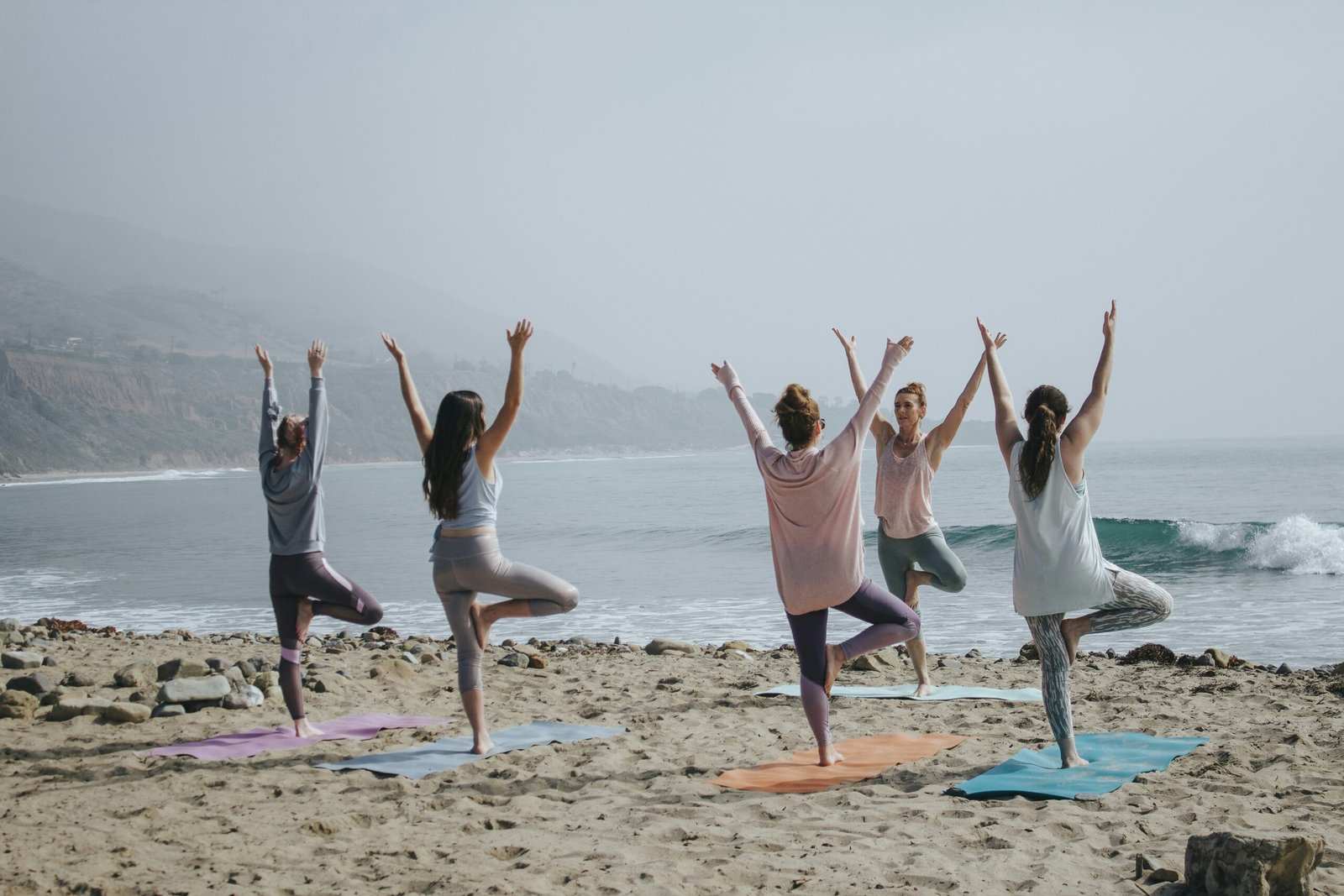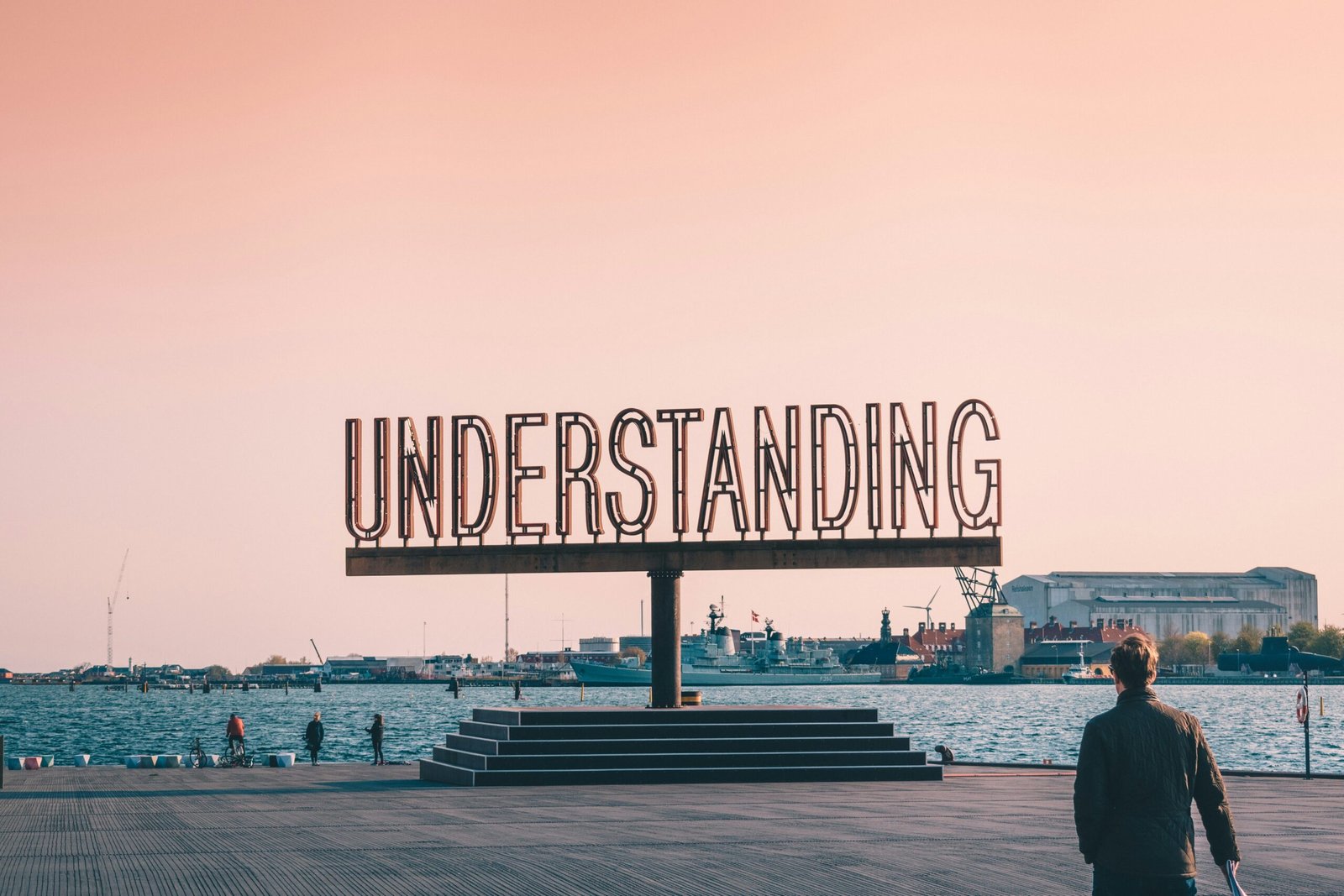Enhancing Mental Well-Being: Techniques for Mindfulness and Relaxation
Understanding Mental Well-Being
Mental well-being is a critical aspect of overall health, encompassing emotional, psychological, and social dimensions. It defines how individuals think, feel, and act, significantly influencing their ability to face challenges, establish relationships, and make informed decisions. A state of mental wellness is characterized by a balance among these various components, promoting resilience and adaptability in daily life. Understanding mental well-being is essential as it plays a vital role in determining an individual’s quality of life and overall health.
The importance of mental well-being cannot be overstated. Good mental health enables individuals to lead fulfilling and productive lives. When people are mentally well, they tend to experience fewer symptoms of stress and anxiety, maintain better relationships, and cope effectively with the challenges that life presents. Conversely, poor mental wellness can lead to a range of issues, including increased susceptibility to physical health problems, diminished performance at work or school, and strained social connections.
Several factors can impact mental well-being. Stress is a prominent contributor, often arising from work pressures, family responsibilities, or financial concerns. Anxiety is another pervasive issue that can significantly detract from mental wellness, making it challenging for individuals to navigate everyday situations. Furthermore, external pressures, including societal expectations and media influence, can exacerbate feelings of inadequacy and stress, leading to a decline in mental health.
Prioritizing mental health is essential for nurturing mental well-being and fostering resilience. A strong connection exists between mental wellness and physical health; individuals with good mental health typically engage in healthier lifestyles, which can result in improved immune function and lower susceptibility to diseases. In essence, understanding the multifaceted nature of mental well-being allows individuals to take proactive steps toward enhancing their overall health and quality of life.
Mindfulness Techniques for Everyday Life
Incorporating mindfulness techniques into daily routines can significantly enhance mental well-being. Mindfulness is the practice of being fully present and engaged in the moment while acknowledging and accepting one’s feelings, thoughts, and bodily sensations. Here are several practical strategies that can be easily implemented.
One effective method is mindfulness meditation. To begin, find a quiet space to sit comfortably, allowing your body to relax. Close your eyes gently and take a few deep breaths, focusing on the sensation of the air filling your lungs. Set a timer for 5 to 10 minutes, and during this period, concentrate on your breath. If your mind starts to wander, gently bring your focus back to your breath without judgment. This practice cultivates self-awareness and helps to reduce stress levels over time.
Deep breathing exercises are another accessible mindfulness technique. This can be practiced anytime, anywhere. To start, inhale slowly through your nose for a count of four, filling your abdomen with air. Hold your breath for a count of four, then exhale slowly through your mouth for another count of four. Repeat this cycle several times. This technique helps to calm the mind and regulate emotional responses, improving overall mental health.
Body scanning is another useful exercise. Begin by lying down in a comfortable position. Close your eyes and start at your toes, directing your attention to each part of your body in succession. Acknowledge any sensations, tension, or discomfort without trying to change them. Progressively move your focus up to your head. This practice enhances awareness of bodily sensations and promotes relaxation, fostering a sense of connection between the mind and body.
Integrating these mindfulness techniques into your day can lead to lasting improvements in mental well-being, self-awareness, and emotional regulation. Engaging in such practices promotes not only personal growth but also resilience against everyday stressors.
Relaxation Techniques to Reduce Stress
In today’s fast-paced world, stress has become a common part of our lives, making relaxation techniques essential for maintaining mental well-being. One effective method is progressive muscle relaxation (PMR), which involves tensing and then relaxing different muscle groups in sequence. This practice helps to release physical tension and promote a sense of calm. For those new to PMR, it can be beneficial to start from the toes and work upwards to the face, taking deep breaths during each contraction and release phase. The benefit of this technique extends beyond immediate relaxation, as consistent practice can contribute to reduced anxiety levels over time.
Another powerful approach to relaxation is guided imagery. This technique encourages individuals to visualize serene landscapes or memories that evoke feelings of peace. Engaging the senses during these visualizations can enhance the experience—for instance, imagining the sounds of the ocean or the smell of fresh flowers. Guided imagery can be practiced alone or with the assistance of recorded sessions, making it adaptable to various lifestyles. The primary advantage of guided imagery is its ability to transport the mind away from stress, facilitating a deeper relaxation that can be especially beneficial after a challenging day.
Incorporating yoga practices into a daily routine also offers significant stress relief. Yoga combines physical postures, breathing exercises, and meditation, thereby promoting overall mental and physical health. Even a brief session of yoga can help individuals reconnect with their bodies and thoughts, creating a profound sense of tranquility. For those with limited time, incorporating five to ten minutes of yoga stretches or mindful breathwork can create meaningful changes in one’s stress levels.
Finding relaxation techniques that resonate personally is essential, as individual preferences play a crucial role in the effectiveness of these methods. Consistarnt practice of relaxation methods fosters resilience against stress and contributes to long-term mental health benefits.
Creating a Personalized Mental Wellness Plan
Developing a personalized mental wellness plan is essential for enhancing mental well-being, as it allows individuals to cater the techniques discussed earlier to their unique preferences and needs. A foundational step in this process is self-reflection, which helps individuals identify what works best for them. Taking time to assess one’s emotional state, triggers, and coping mechanisms can illuminate areas that require attention. Consider maintaining a journal to document your feelings and experiences, as this can provide valuable insights into your mental health journey.
Once self-reflection has taken place, goal setting is paramount. Setting smart, achievable goals provides a clear framework for progress. These goals can range from incorporating mindfulness practices, such as meditation or deep breathing exercises, into daily routines to participating in community support groups. It is vital that these goals resonate personally, ensuring that they motivate sustainable changes in habits and thought patterns.
A comprehensive mental wellness plan should also include resources for continued learning. Exploring books, online courses, or workshops focused on mental health can be beneficial. Additionally, connecting with community support options can foster an environment of encouragement. This may involve joining local wellness groups or participating in group therapy sessions, as social connection plays an important role in mental health.
Finally, recognizing when to seek professional help is crucial. A mental health professional can provide tailored support and guide individuals through challenges that may arise. Remember that enhancing mental well-being is a journey, and with a personalized approach, individuals can take proactive steps towards achieving a balanced and fulfilling life. Through consistent effort and the right resources, one can significantly improve mental wellness and overall quality of life.






Add comment